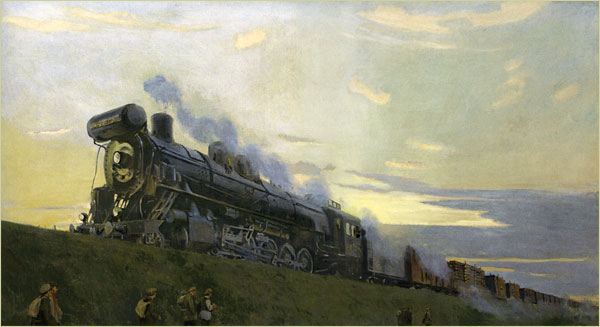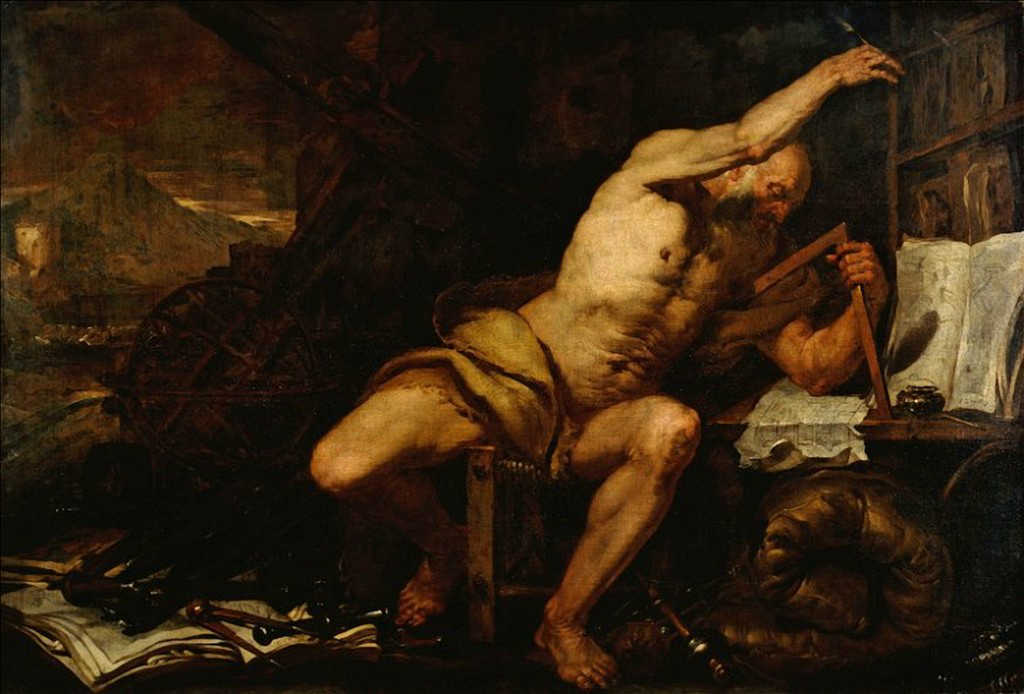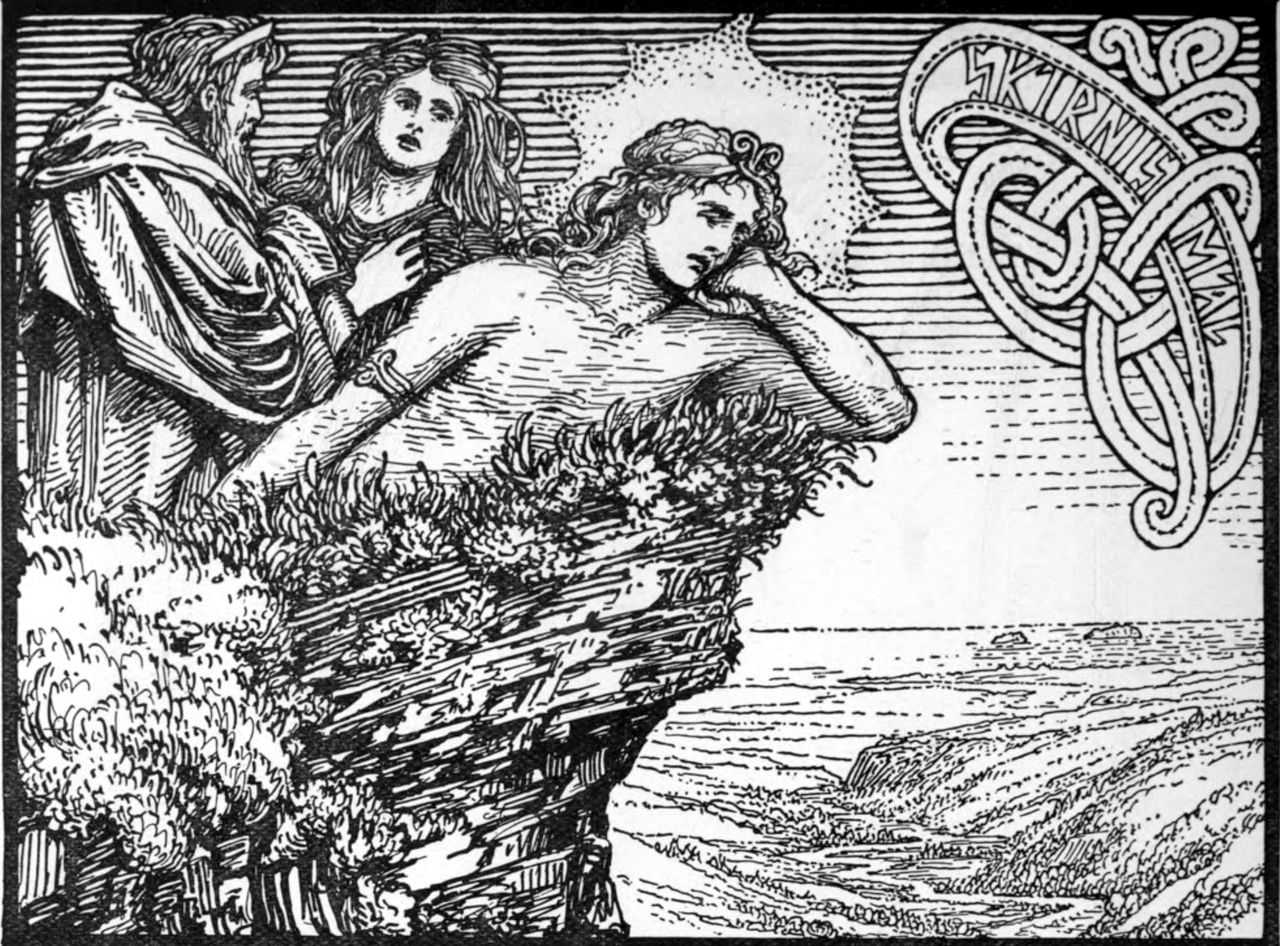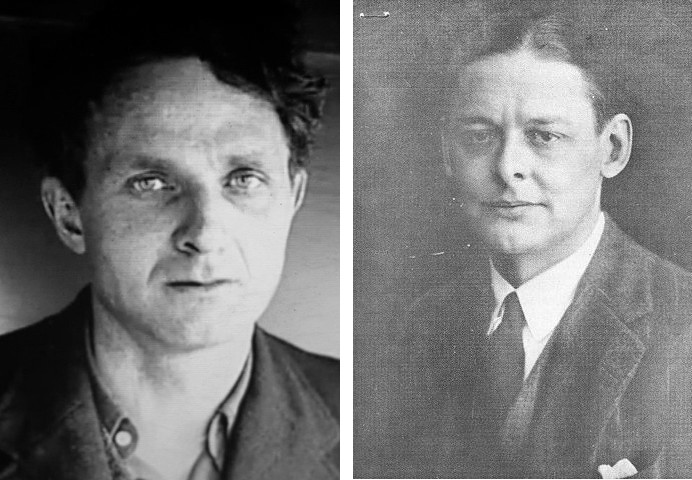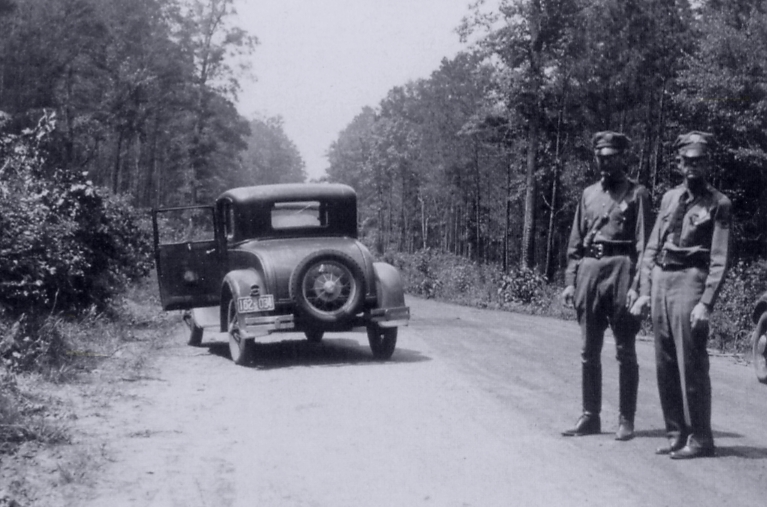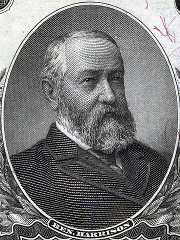
In 2004 Stanford physicist R.B. Laughlin wrote a 12-page poem critiquing of the theory of resonating valence bonds. He set it in trochaic tetrameter, after Longfellow’s Song of Hiawatha:
What ensued was simply awesome,
Destined to go down in legend.
They proposed a cuprate theory
So magnificent in concept,
So much bolder than the others
That it blasted them to pieces
Like some big atomic warhead,
So outshined them in its glory
Like a nova in the heavens
That it blinded any person
Who would dare to gaze upon it.
Cuprates did these things, it stated,
Just because a quirk of nature
Made them like the Hubbard model,
Which, as had been long established,
Did some things quite fundamental,
Not yet known to modern science,
Which explained the crazy data,
So to understand the cuprates
One would have to solve this model.
How colossal! How stupendous!
It was absolutely foolproof!
No one could disprove this theory
With existing mathematics
Or experimental data
For exactly the same reasons
Nor could they admit they couldn’t,
So they’d spend their whole lives trying,
Blame themselves for being so stupid,
And pay homage in each paper
With the requisite citation!
The whole thing is here. (Thanks, Daniele.)
Related: Mark Twain’s father, a justice of the peace, once told his son that there was more poetry in a warranty deed than in Longfellow’s verse. So Twain “took the stupid warranty deed itself and chopped it up into Hiawathian blank verse, without altering or leaving out three words, and without transposing six”:
THE STORY OF A GALLANT DEED.
THIS INDENTURE, made the tenth
Day of November, in the year
Of our Lord one thousand eight
Hundred six-and-fifty,
Between JOANNA S.E. GRAY
And PHILIP GRAY, her husband,
Of Salem City in the State
Of Texas, of the first part,
And O.B. Johnson, of the town
Of Austin, ditto, WITNESSETH:
That said party of first part,
For and in consideration
Of the sum of Twenty Thousand
Dollars, lawful money of
The U.S. of Americay,
To them in hand now paid by said
Party of the second part,
The due receipt whereof is here
By confessed and acknowledg-ed,
Have Granted, Bargained, Sold, Remised,
Released and Aliened and Conveyed,
Confirmed, and by these presents do
Grant and Bargain, Sell, Remise,
Alien, Release, Convey, and Con-
Firm unto the said aforesaid
Party of the second part,
And to his heirs and assigns
Forever and ever, ALL
That certain piece or parcel of
LAND situate in city of
Dunkirk, county of Chautauqua,
And likewise furthermore in York State,
Bounded and described, to-wit,
As follows, herein, namely:
BEGINNING at the distance of
A hundred two-and-forty feet,
North-half-east, north-east-by-north,
East-north-east and northerly
Of the northerly line of Mulligan street,
On the westerly line of Brannigan street,
And running thence due northerly
On Brannigan street 200 feet,
Thence at right angles westerly,
North-west-by-west-and-west-half-west,
West-and-by-north, north-west-by-west,
About —
That’s as far as he got in reciting it to his father. “I kind of dodged, and the boot-jack broke the looking glass. I could have waited to see what became of the other missiles if I had wanted to, but I took no interest in such things.”
